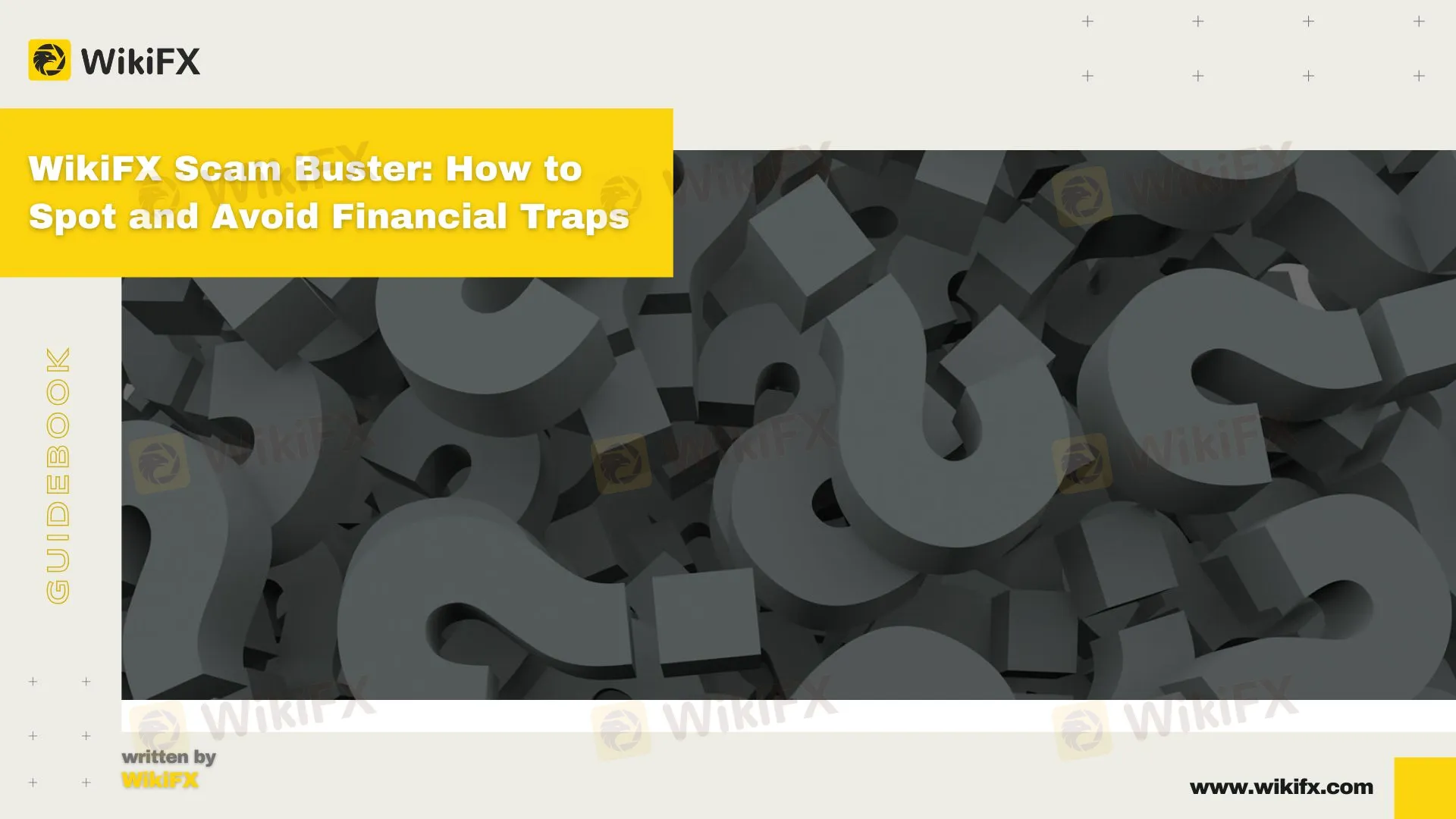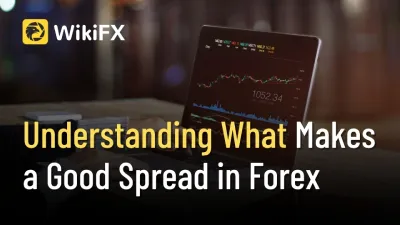简体中文
繁體中文
English
Pусский
日本語
ภาษาไทย
Tiếng Việt
Bahasa Indonesia
Español
हिन्दी
Filippiiniläinen
Français
Deutsch
Português
Türkçe
한국어
العربية
High Return Traps? WikiFX’s Complete Scam-Busting Handbook to Avoid Financial Fraud!
Abstract:Financial scams are evolving faster than ever, and fraudsters are getting more creative in luring victims into traps. Whether it’s promising high returns or leveraging authority to build trust, scammers continuously innovate new ways to trick investors. From clone firms to cold calling schemes, it’s essential to understand how these scams work to protect your hard-earned money. This comprehensive guide by WikiFX will help you recognize and avoid common financial scams.

1.Clone Firms: A Copycat Trap
Clone firm scams are among the most devious types of financial fraud. These scams involve fraudsters creating fake companies that closely resemble legitimate financial institutions. They often replicate the name, address, and registration details of genuine firms to appear credible. Clone firms may even use professional-looking websites, social media profiles, and fake documentation to mislead investors.
How to Identify
• Check Official Registries: Always verify company details through regulatory bodies like FCA or SEC.
• Spot the Minor Differences: Fraudsters often make slight changes in company names or website URLs.
• Contact Directly: Use official contact details from the authorized firm to verify any suspicious communication.
2.Online Trading Platform Scams: The False Promise of Profit
Many online trading platforms lure investors by promising massive returns through speculative trading on forex, cryptocurrencies, or stocks. These platforms often appear professional and may even have customer support that sounds credible. However, the real motive is to collect deposits and vanish without a trace.Warning Signs
• Too Good to Be True: Unrealistically high returns with low risk.
• Fake Testimonials: Glowing reviews from fake users.
• Unregistered Platforms: Platforms without regulatory authorization.
3.Cold Calling Scams: The Unsolicited Trap
Cold calling involves receiving unsolicited phone calls from individuals claiming to offer investment opportunities. These calls usually come with high-pressure tactics, urging you to act quickly before the “opportunity” vanishes. Often, the caller uses psychological manipulation to make you feel guilty for not acting fast enough.
4.Advance Payment Scams: Pay Now, Lose Later
Advance payment scams require you to make an upfront payment, usually under the pretense of securing a high-yield investment or unlocking a frozen account. Once the payment is made, the scammers either disappear or request even more money to resolve unexpected “complications.”
5.Recovery Scams: Offering Hope After Loss
These scams specifically target individuals who have already lost money in previous scams. Fraudsters contact victims, claiming to be able to recover lost funds for an upfront fee. Once the fee is paid, the supposed recovery never materializes.
6.Social Media Investment Scams: The Viral Deception
Scammers use social media platforms to promote fake investment opportunities. They might impersonate celebrities or use paid ads to lure victims. The investment schemes often look legitimate and promise quick profits, but once funds are sent, victims are blocked and left without recourse.
7.Ponzi and Pyramid Schemes: Fake Returns from New Investors
These schemes promise consistent returns that are paid out from new investors money rather than actual profit. As long as new investors keep coming in, the scheme appears sustainable. Once recruitment slows down, the entire structure collapses, leaving the majority of investors empty-handed.
Final Thoughts
Financial scams are becoming increasingly sophisticated, leveraging new technologies and exploiting human psychology to deceive victims. Always perform thorough research and verification before investing, and never make decisions under pressure. Stay informed, stay cautious, and protect your financial future.
Disclaimer:
The views in this article only represent the author's personal views, and do not constitute investment advice on this platform. This platform does not guarantee the accuracy, completeness and timeliness of the information in the article, and will not be liable for any loss caused by the use of or reliance on the information in the article.
Read more

Understanding What Makes a Good Spread in Forex
Find out what a good spread in forex trading is, typically between 0 to 5 pips, and why it matters for traders aiming to reduce expenses.

Voices of the Golden Insight Award Jury - Simon So, Chief Experience Officer of Hantec Financial
The “WikiFX Golden Insight Award” is dedicated to uniting industry forces to jointly build a safe and robust forex ecosystem, driving industry innovation and sustainable development. Now it launches a brand-new interview series — “Voices of the Golden Insight Award Jury”. Through in-depth interviews with authoritative jury members, this series will explore the future landscape of the forex industry and the shared mission of industry elites in enhancing innovation, compliance, and sustainable development.

How to Choose A Forex Broker Today
Learn how to choose a Forex Broker with a regulation‑first checklist, fee transparency tips, and risk safeguards to trade with confidence today.

The New Way of Hacking Your Crypto Using Fake Phones
Cybercriminals are using fake phones to hack crypto wallets. Discover how counterfeit devices are weaponized to steal your digital assets and how to stay safe.
WikiFX Broker
Latest News
Trillium Financial Broker Exposed: Top Reasons Why Traders are Losing Trust Here
FIBO Group Ltd Review 2025: Find out whether FIBO Group Is Legit or Scam?
Amillex Withdrawal Problems
Is INGOT Brokers Safe or Scam? Critical 2025 Safety Review & Red Flags
150 Years Of Data Destroy Democrat Dogma On Tariffs: Fed Study Finds They Lower, Not Raise, Inflation
CQG Partners with Webull Singapore to Power the Broker’s New Futures Trading Offering
【WikiEXPO Global Expert Interviews】Ashish Kumar Singh: Building a Responsible and Interoperable Web3
Trump: India\s US exports jump despite 50% tariffs as trade tensions ease
IEXS Review 2025: A Complete Expert Analysis
CySEC Flags 21 Unauthorized Broker Websites in 2025 Crackdown
Currency Calculator



